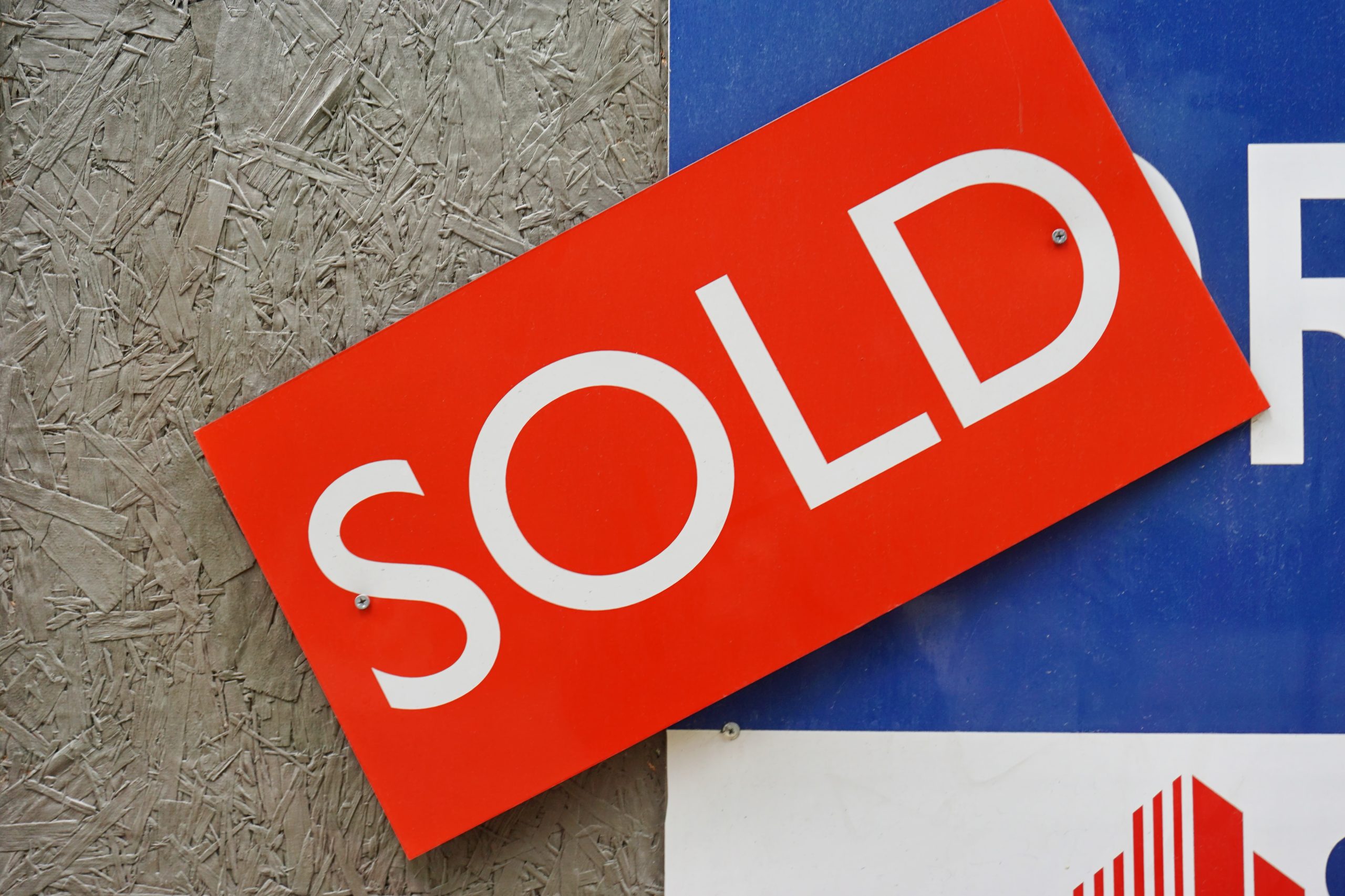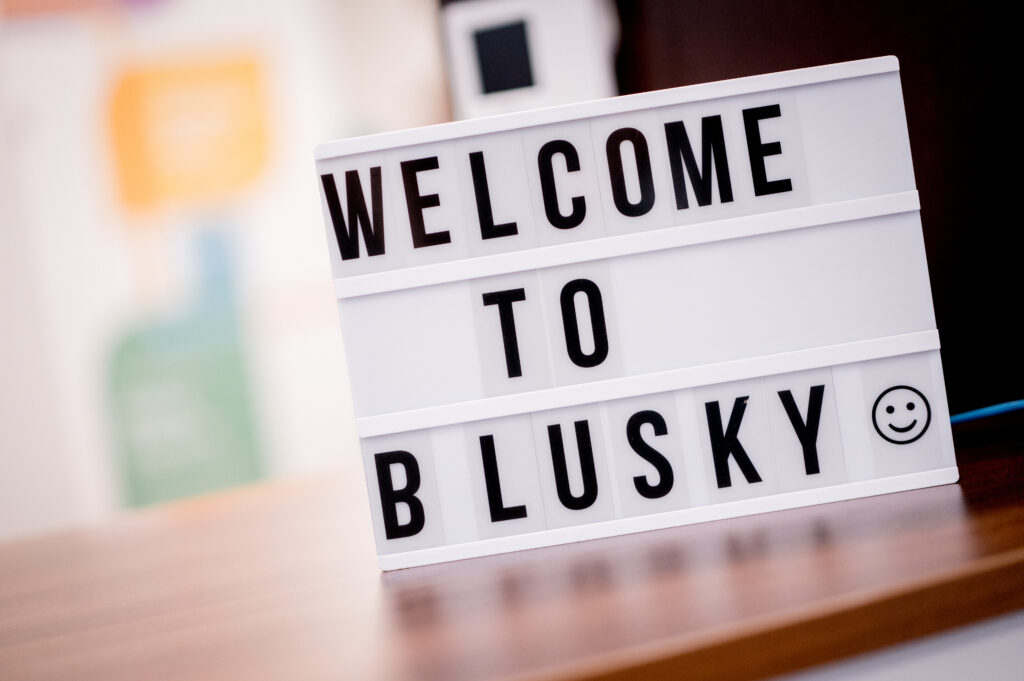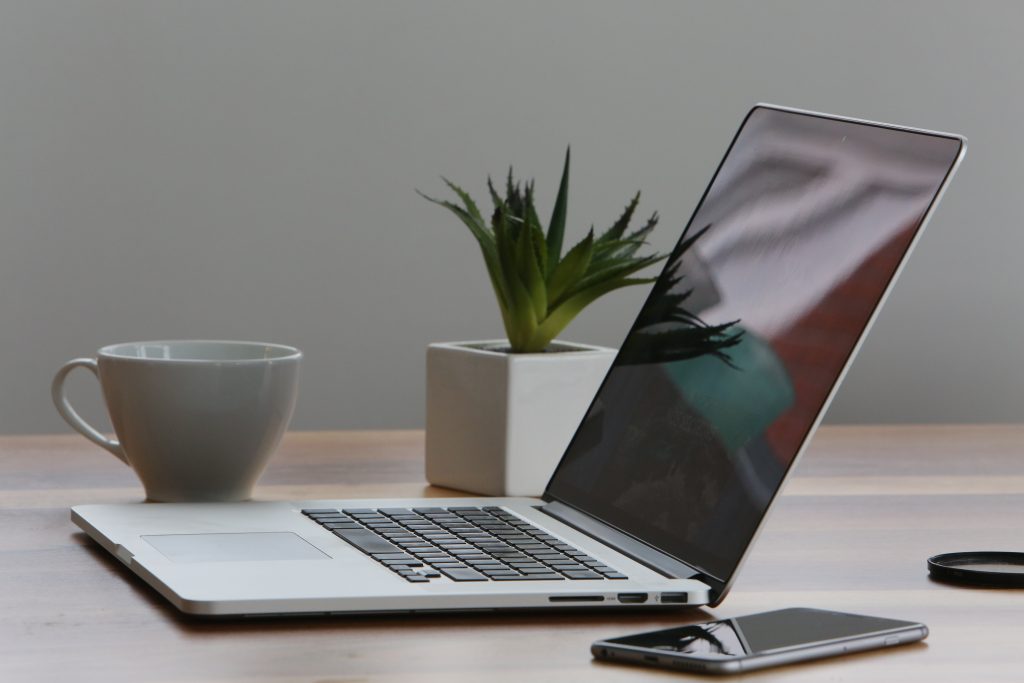Paying capital gains tax is something we’re asked about often. If you own valuable assets and you want to sell them, you’re likely to receive a tax bill.
If you’ve landed on this page, you may be wondering how paying capital gains tax works, if you’d need to pay it and how much you’d need to pay. So, we’re going to cover everything you need to know.
What is Capital Gains Tax and how does it work?
Capital Gains Tax (CGT) is applied to the profit (gain) you make when you sell or ‘dispose of’ something (an ‘asset’). To dispose of doesn’t mean you throw the asset away, it means you’re gifting it to someone else or trading it for something else.
The tax doesn’t apply to the full amount of money you receive for the asset you’ve sold. It’s applied when the asset has increased in value and sold for more than you originally purchased it for.
E.g. You bought a painting for £6,500 and then sold it for £20,500, this means you’ve made a gain of £14,000. Capital Gains Tax will be applied to the £14,000.
How much do I pay?
It’s not a one size fits all tax, when paying capital gains tax there’s a few factors to take into consideration. The amount you pay will depend on whether you’re a basic, higher or additional rate taxpayer. It’ll also vary depending on the type of asset you’ve sold.
You also have an annual allowance of gains that you’re able to make prior to the capital gains tax being applied. It’s currently £12,300, but in the recent budget announcement, the government announced that it’ll drop to £6,000 from April 2023 to April 2024, then in April 2024 it’ll halve again to £3,000.
Paying Capital Gains Tax applies to the following assets
Business Assets
This may include: Property and land, vehicle, plant and machinery, fixtures and fittings (this includes furnishings & computers), shares and bonds not in an ISA or PEP, trademarks and goodwill.
Personal possessions
Any possession worth £6,000 or more. This does not include your car.
Property that’s not your main home
You’ll only pay the tax on your main home if: You’ve let it out. It’s used for business purposes and/or it’s very large (Over 5,000 square metres).
For residential property a CGT return needs completed and submitted to HMRC within 60 days, please note that this is separate from a Self Assessment return.
Shares that aren’t in an ISA or PEP
It’s also worth noting that you may have to pay Capital Gains Tax even if your asset is overseas.
You have to pay tax on gains you make on property and land in the UK even if you’re not a UK resident.
Which assets are exempt?
You do not pay Capital Gains Tax on any gains you make from:
- ISAs or PEPs
- UK government gilts and Premium Bonds
- betting, lottery or pools winnings
It’s also likely that you won’t have to pay on gifts to your husband, wife, civil partner or charity.
If you inherit an asset as someone has passed away, Inheritance Tax is normally paid by the estate of the person who’s passed. You’d only need to consider capital gains tax if you decide to sell on, gift or trade the asset.
Need to know more about paying capital gains tax?
Feel free to reach out! We’ll help you navigate it and make sure you pay the correct amount.




